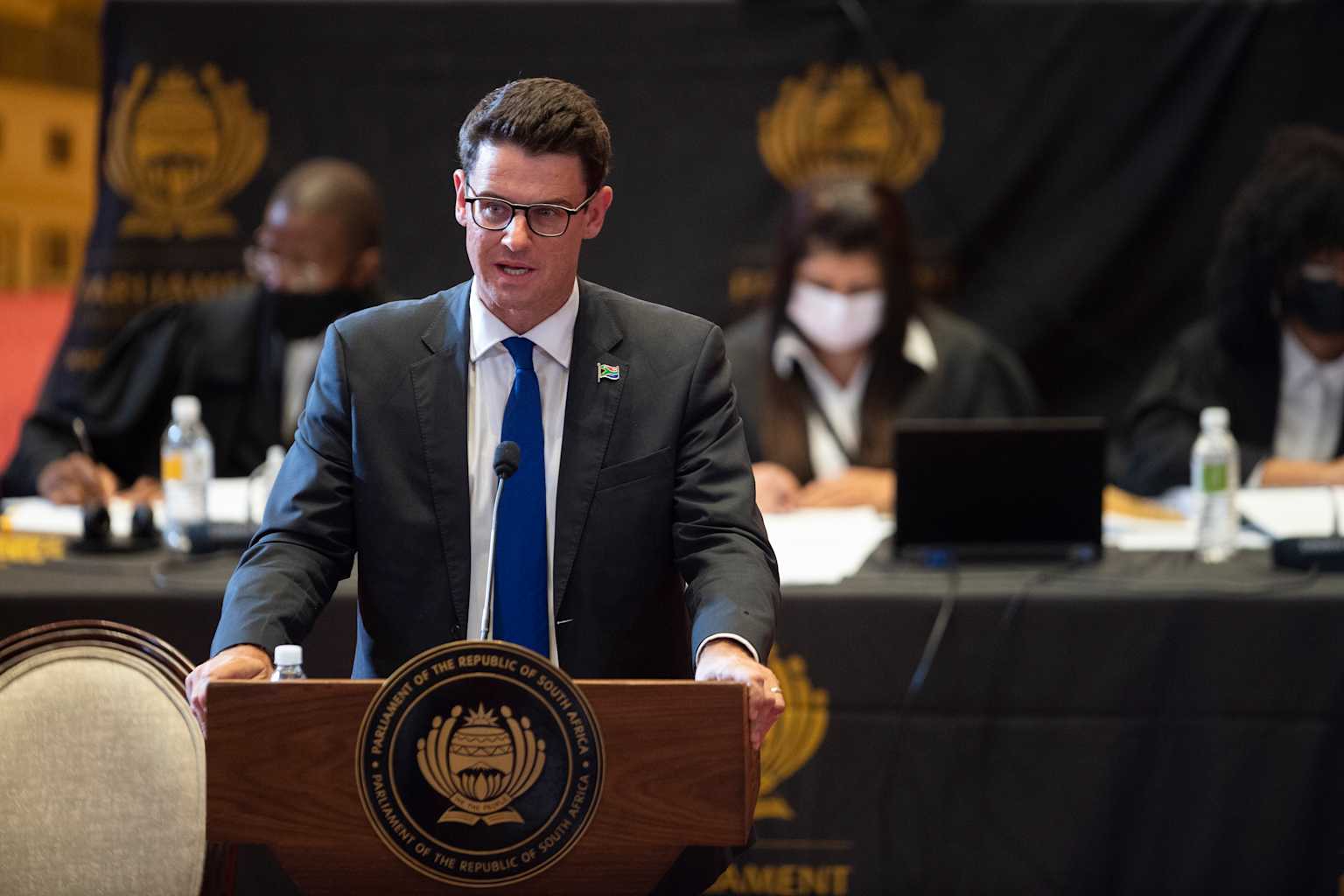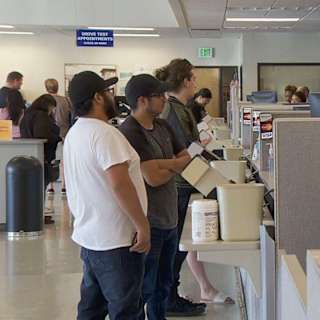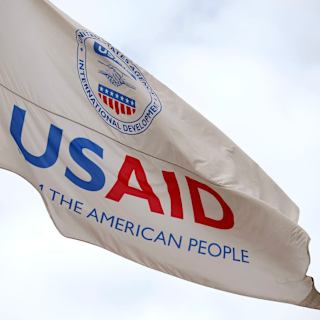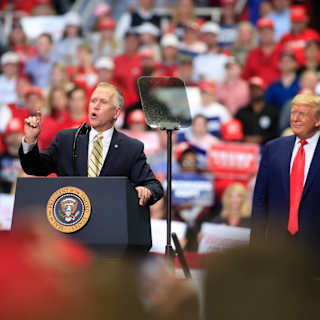- DA Calls Emergency Meeting
- Coalition Under Strain
- Power-Sharing Tensions
President Cyril Ramaphosa dismissed Democratic Alliance deputy minister Andrew Whitfield from his trade, industry and competition portfolio on Thursday, marking the first removal of a DA official from South Africa's coalition government and threatening to further destabilize the fragile partnership between former rivals.
The move comes as tensions in the Government of National Unity reach a breaking point over power-sharing arrangements and policy disagreements that have plagued the coalition since its formation following the ANC's loss of parliamentary majority in 2024.

The Presidency confirmed Ramaphosa removed Whitfield "with immediate effect" under constitutional provisions that allow the president to dismiss ministers at will1. "The President has thanked the former deputy minister for the time he served in the role," the statement said1.
DA federal council chairperson Helen Zille responded by convening an urgent meeting of the party's Federal Executive for Thursday afternoon12. The party indicated it would provide further comment after deliberations on "the actions of President Cyril Ramaphosa around the composition of the National Executive of the Government of National Unity"1.
No clear reason was given for Whitfield's dismissal, though it follows speculation about broader cabinet changes amid controversy surrounding Higher Education Minister Nobuhle Nkabane over politically connected appointments to training authority boards1.
The dismissal represents the latest fracture in a coalition that has struggled with fundamental disagreements since formation. Earlier this year, the DA voted against the government's budget, including a controversial VAT increase, prompting ANC officials to demand action against DA ministers12.
In April, ANC Secretary-General Fikile Mbalula briefly called for a "reconfiguration" of the coalition government before deleting the statement2. Helen Zille has previously warned that removing DA ministers would "mark the end of the Government of National Unity"3.
The GNU was formed after the ANC won just 40% of the vote in 2024 elections, forcing it into partnership with the DA, which secured 22%4. Despite the DA comprising about 30% of the coalition, it holds only six of 32 ministries and six deputy minister positions5.
During coalition negotiations, bitter exchanges between Ramaphosa and DA leader John Steenhuisen revealed deep disagreements over cabinet composition. Ramaphosa accused the DA of trying to create a "parallel government" and found their demands "offensive" and "condescending"1.
The partnership has exceeded initial expectations for longevity but remains marked by the DA's weaker position, with policy proposals often ignored2. Financial markets have watched coalition tensions closely, with previous reports of potential DA exit causing market volatility3.



